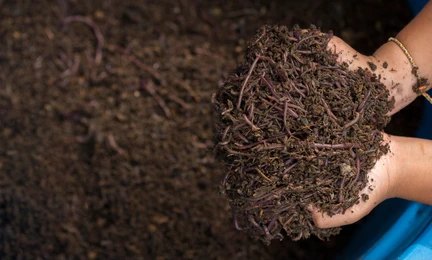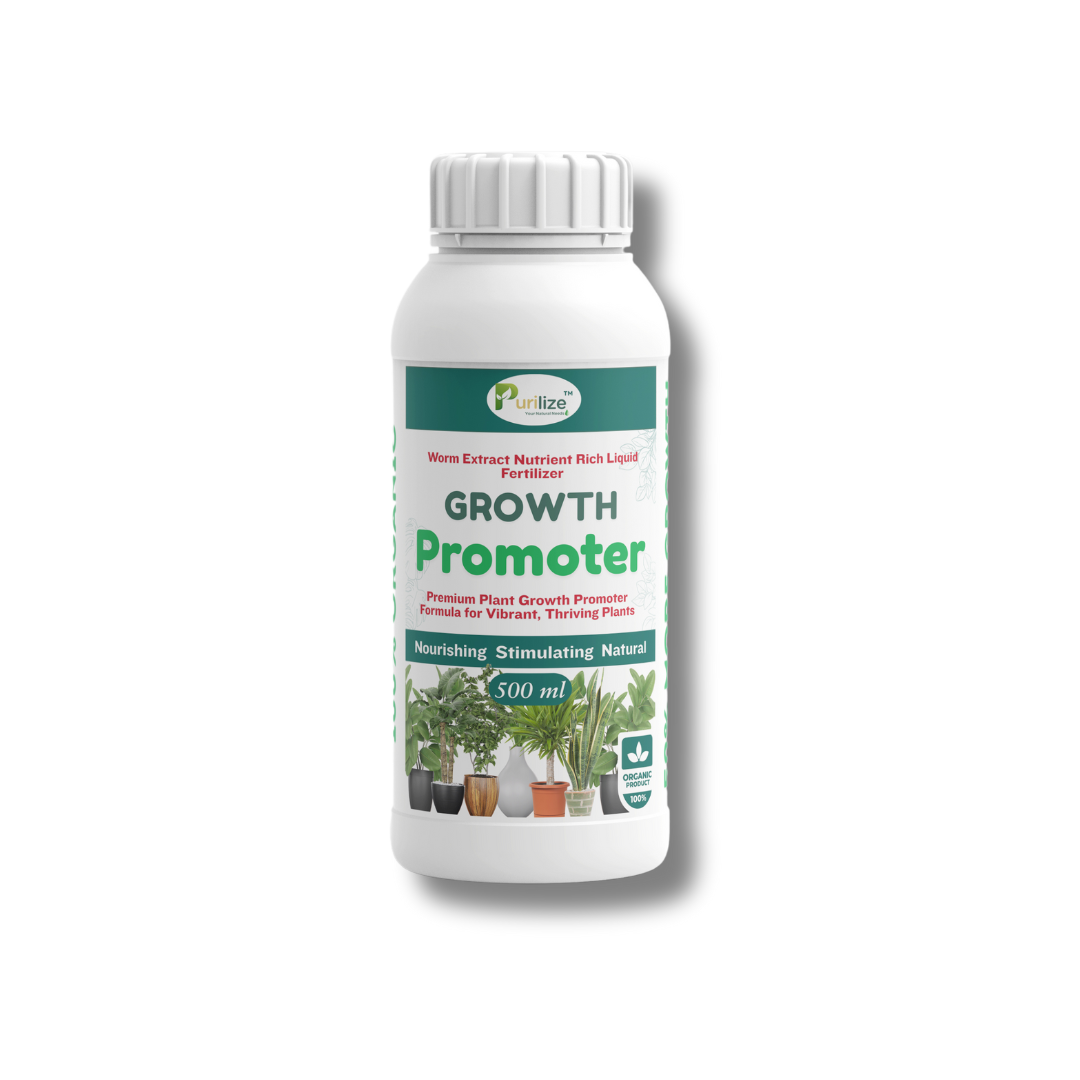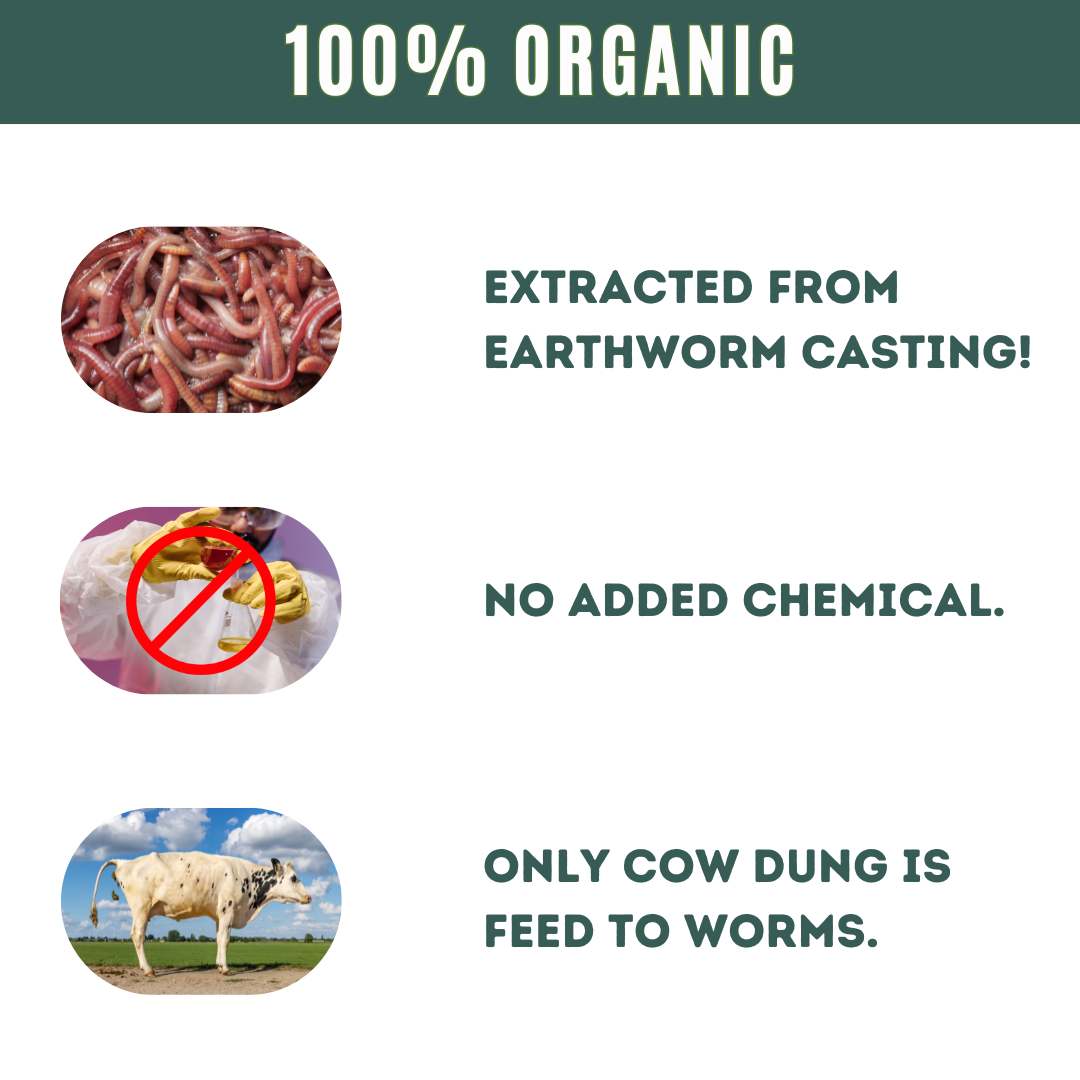
Why Vermicompost is Necessary for Indoor Gardening?

Indoor gardening is a fulfilling and practical way to bring nature into your home. However, growing healthy plants indoors comes with its own set of challenges, including maintaining soil fertility, ensuring proper nutrient supply, and promoting strong plant growth. One of the most effective and natural ways to achieve this is by using vermicompost.
Benefits of Vermicompost for Indoor Gardening
1. Nutrient-Rich Soil
Vermicompost contains essential nutrients like nitrogen, phosphorus, potassium, and trace minerals, which help plants grow strong and healthy. Unlike synthetic fertilizers, these nutrients are released slowly, ensuring a steady supply to plants over time.
2. Improved Soil Structure
Indoor plants are often grown in pots, where soil compaction can become an issue. Vermicompost enhances soil aeration and improves its structure, making it easier for roots to spread and access nutrients effectively.
3. Increases Microbial Activity
Healthy soil is teeming with beneficial microbes that aid in nutrient absorption and disease prevention. Vermicompost encourages microbial activity, fostering a thriving ecosystem in the soil that supports plant growth.
4. Enhances Water Retention
One of the challenges of indoor gardening is maintaining adequate moisture levels. Vermicompost improves the soil’s water-holding capacity, reducing the need for frequent watering and preventing root rot caused by excess moisture.
5. Natural Pest and Disease Resistance
Vermicompost contains enzymes and beneficial microorganisms that help suppress plant diseases and pests naturally. This reduces the dependency on chemical pesticides, making indoor gardening safer for both plants and the environment.
6. Odor-Free and Eco-Friendly
Unlike traditional composting, which can sometimes have a strong odor, vermicompost is relatively odor-free, making it perfect for indoor use. Additionally, it is an excellent way to recycle kitchen waste, reducing landfill waste and promoting sustainability.







